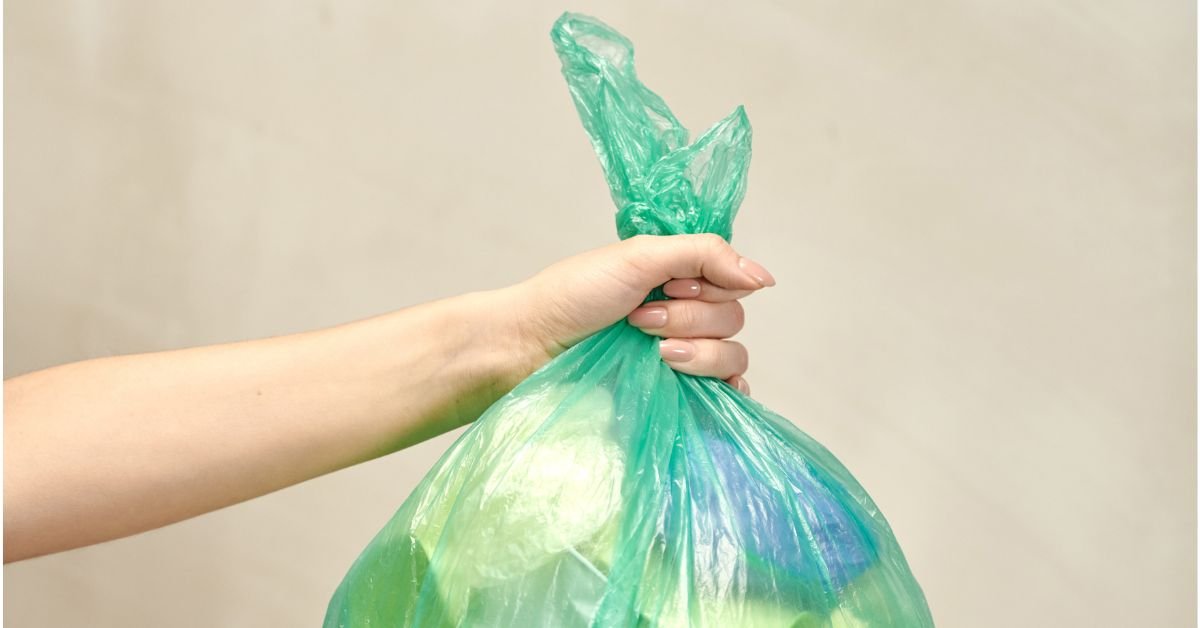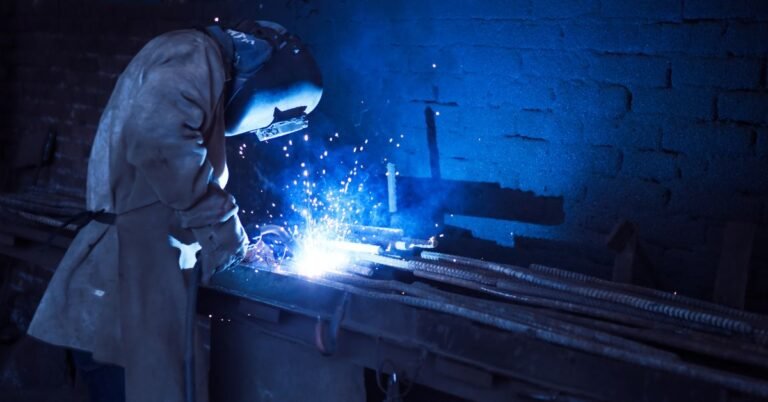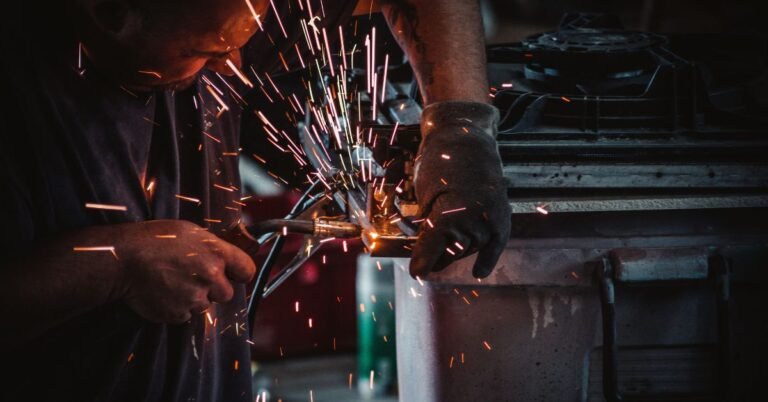What are the environmental considerations and regulations related to welding waste disposal?
Welding, the art of fusing metals through heat and precision, is an essential part of countless industries worldwide. However, the process generates various types of waste, including hazardous materials, which must be managed and disposed of responsibly. In this blog post, we will delve into the environmental considerations and regulations surrounding welding waste disposal, shedding light on the importance of sustainable practices for both welders and the planet.
Understanding Welding Waste:
Welding waste comprises several components, including:
- Welding Slag and Spatter: These are the remnants of the welding process, consisting of solidified metal, flux, and other debris.
- Welding Rod Ends: The tips and ends of welding rods often become unusable after welding, creating waste.
- Electrodes and Filler Metals: Unused or partially used electrodes and filler metals can contribute to waste.
- Hazardous Chemicals: Some welding processes involve the use of chemicals, such as pickling solutions or coatings, which can be hazardous if not handled and disposed of properly.
- Gas Cylinders: Welding often relies on various gases stored in cylinders, which need to be managed and returned when empty.
Environmental Considerations:
Proper welding waste management is vital for several environmental reasons:
- Toxic Materials: Some welding by-products, like certain fumes and residues, can contain toxic elements like heavy metals and carcinogenic compounds. If released into the environment, they pose risks to ecosystems and human health.
- Air Quality: Welding generates fumes and gases that, if not controlled, can degrade air quality and contribute to respiratory issues. Ventilation systems and fume extraction equipment help mitigate this impact.
- Water Contamination: Improper disposal of welding waste can lead to the contamination of water sources, affecting aquatic life and potentially entering the human food chain.
- Resource Conservation: Responsible waste management aligns with sustainability goals by minimizing resource wastage and reducing the need for raw materials and energy in manufacturing.
Regulations and Best Practices:
Welders must adhere to regulations and best practices for responsible waste disposal:
- Local Regulations: Different regions have specific regulations governing welding waste disposal. Familiarize yourself with these laws and ensure compliance.
- Segregation: Separate different types of waste, such as slag, spatter, and hazardous materials, for appropriate disposal or recycling.
- Recycling: Whenever possible, recycle materials like welding rods and metals to reduce waste and conserve resources.
- Hazardous Waste Management: Hazardous materials used in welding, such as chemicals and coatings, must be handled, stored, and disposed of in accordance with hazardous waste regulations.
- Gas Cylinder Return: Return empty gas cylinders to suppliers for refilling or proper disposal. Never tamper with or attempt to repair damaged cylinders.
- Ventilation: Maintain effective ventilation systems to capture welding fumes and direct them away from the workspace.
- Protective Equipment: Ensure welders wear appropriate personal protective equipment, such as respirators and gloves, to minimize exposure to hazardous materials.
Conclusion:
Welding waste disposal is a critical aspect of responsible and sustainable welding practices. Welders must be aware of the environmental considerations and regulations surrounding waste management. By adhering to proper disposal techniques, recycling when feasible, and staying compliant with local regulations, welders can minimize their environmental footprint and contribute to a cleaner, safer, and more sustainable future for all. In the welding world, responsible waste management is not just a duty; it’s a commitment to a greener tomorrow.







